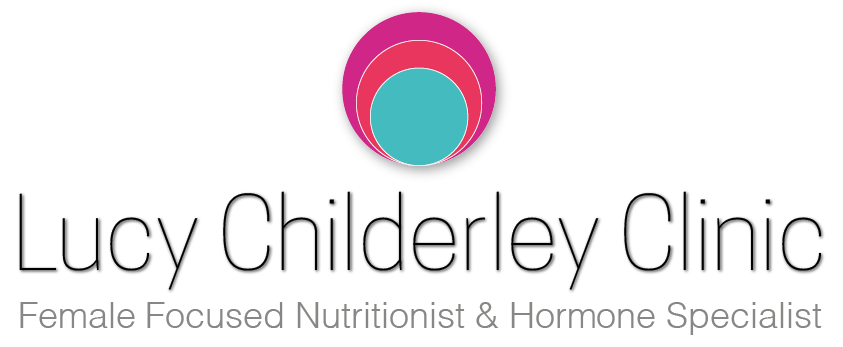Hormones play a vital role in regulating various bodily functions, from metabolism to mood. When they’re in balance, we feel great, but when they’re imbalanced, it can lead to a myriad of symptoms that affect our physical and mental well-being.
1. Mood Swings:
Sudden mood swings, from happiness to irritability without any obvious reason could be a sign of hormonal imbalance, particularly fluctuations in oestrogen and progesterone levels in women during those peri years.
2. Fatigue:
Persistent fatigue that doesn’t improve with rest could indicate tired adrenals or thyroid dysfunction. Cortisol, the stress hormone, plays a significant role in regulating energy levels, and imbalances can lead to feelings of exhaustion.
3. Weight Gain or Loss:
Hormonal imbalances, particularly in insulin, cortisol, oestrogen and thyroid hormones, can disrupt our body’s ability to regulate weight. We might notice unexplained weight gain or difficulty losing weight despite efforts to maintain a healthy diet and exercise routine.
4. Irregular Menstrual Cycles:
For women, irregular menstrual cycles can be a telltale sign of hormonal imbalance, especially if we experience unusually heavy or light periods, missed periods, or irregular ovulation. This could be due to imbalances in oestrogen, progesterone, or thyroid hormones.
5. Hair Loss or Thinning:
We can experience hair loss or thinning as a result of hormonal imbalances, particularly fluctuations in testosterone, oestrogen, and thyroid hormones. Imbalances can also cause changes in our hair thickness and texture.
6. Sleep
Hormonal imbalances, particularly in cortisol and melatonin levels, can disrupt our sleep-wake cycle, leading to difficulty falling asleep or staying asleep throughout the night. Insomnia or poor sleep quality can exacerbate hormonal imbalances, creating a vicious cycle.
7. Digestive Issues:
Our digestive system is sensitive to hormonal fluctuations, particularly cortisol and serotonin levels. Hormonal imbalances can contribute to digestive issues such as bloating, gas, constipation, or diarrhoea, and can exacerbate conditions like irritable bowel syndrome (IBS).
8. Skin Problems:
Hormonal imbalances, particularly in androgens like testosterone, can contribute to skin issues such as acne, oily skin, or excessive hair growth (hirsutism). Additionally, imbalances in oestrogen and progesterone can affect skin elasticity and collagen production, leading to premature aging. In menopause skin can become quite dry and itchy.
9. Libido Changes:
Fluctuations in testosterone, oestrogen, and progesterone levels can impact libido. We might experience a decrease or increase in sexual desire, along with other symptoms of hormonal imbalance such as fatigue and mood swings which can affect our desire.
10. Memory and Cognitive Issues:
Hormonal imbalances, particularly in oestrogen and cortisol levels, can affect cognitive function and memory. We might notice difficulty concentrating, memory lapses, or brain fog, which can impact our daily life and productivity.
If you’re experiencing any of these signs of hormonal imbalance there is so much we can do to support you.
As a starter, prioritising self-care, eating a healthy diet, exercising regularly, managing stress and getting adequate sleep, can all help to get you back on track.
I am Lucy Childerley, an award winning, certified personal trainer, nutritionist and hormone specialist. I work, predominantly with women of all ages, on a one-to-one basis, offering bespoke nutritional packages.
I have recently launched my book –
I also work alongside 2 other incredible women to offer our corporate events service, Wellbeing for Women in the Workplace. Here we offer health, wealth and career support to female employees on a one to one basis as well as group webinars, workshops and wellbeing clinics.
If you would like to find out more about the tests or any other area of support for your hormones, I would love to help you. You can get in touch below:
Lucy
Book a free 15 mins call- HERE | Facebook | Instagram | My Shop

Recent Comments